Iran ‘carried out key tests to develop nuclear bomb’: IAEA
Iran secretly carried out a number of multiple implosion tests – a key step in developing an atomic bomb – in 2003, according to a report by the UN nuclear watchdog.
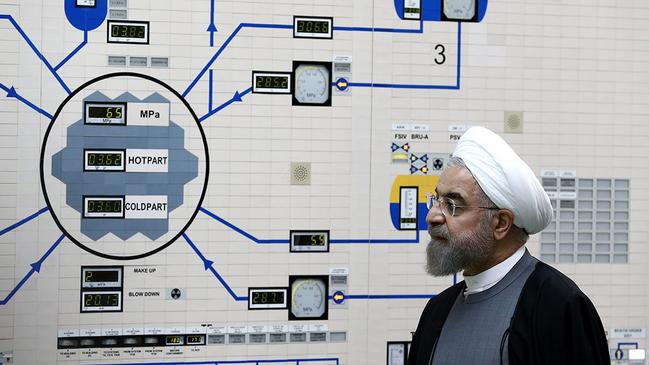
Iran secretly carried out a number of multiple implosion tests – a key step in developing an atomic bomb – in 2003, according to a report by the International Atomic Energy Agency.
The IAEA Board of Governors prepares to meet in Vienna this week to discuss Iran’s nuclear activities, an analysis of the IAEA report by the US based Institute for Science and International Security think tank found that Tehran had prepared a “cold test” in the development of a nuclear bomb, which involves the creation of “a fully assembled nuclear device with a surrogate core of natural or depleted uranium rather than weapons-grade uranium.”.
According to ISIS, Iran subsequently destroyed the control bunker at the Marivan nuclear site where it carried out high-explosive testing.
The IAEA report also found for the first time that activities at Iran’s four nuclear sites — Marivan, Lavisan-Shian, Varamin, and Turquz-Abad — are deeply connected with the issue of missing nuclear material.
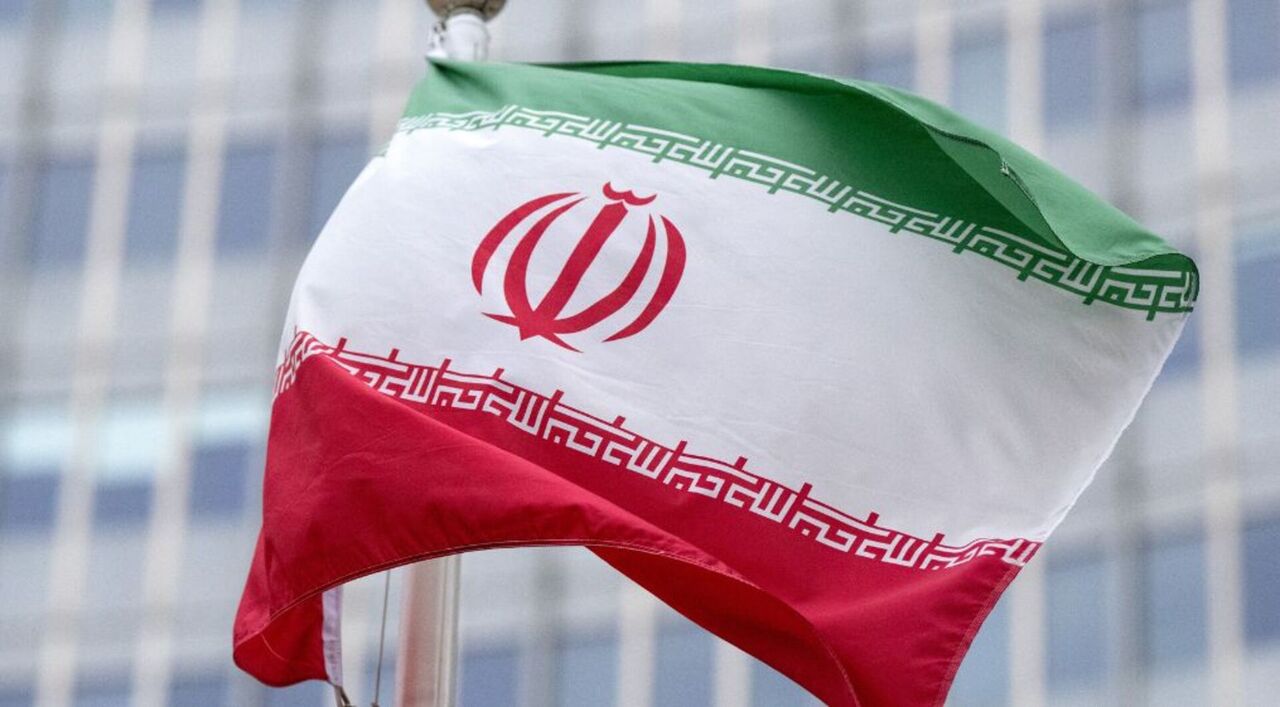
In the IAEA’s “comprehensive report”, the UN nuclear watchdog said Iran’s cooperation with the agency has “been less than satisfactory” when it comes to uranium traces discovered by agency inspectors at several locations in Iran that Tehran has failed to declare as nuclear sites. According to the IAEA, Iran is the only non-nuclear-weapon state in the world that enriches uranium up to 60 percent -- close to the 90 percent threshold needed for a nuclear warhead.
The IAEA has been seeking answers from Iran regarding the origin and current location of the nuclear material since 2019.
The watchdog’s draft resolution says: “Iran’s many failures to uphold its obligations since 2019 to provide the Agency with full and timely cooperation regarding undeclared nuclear material and activities at multiple undeclared locations in Iran … constitutes non-compliance with its obligations under its Safeguards Agreement.”
The draft resolution furthermore finds that the IAEA’s “inability … to provide assurance that Iran’s nuclear program is exclusively peaceful gives rise to questions that are within the competence of the United Nations Security Council, as the organ bearing the main responsibility for the maintenance of international peace and security.”
It requests IAEA Director General Rafael Mariano Grossi “to continue his efforts to implement this and previous resolutions and to report again, including any further developments on the issues.”
In Washington, the State Department said the Trump administration was consulting with European allies about the next step.
“We are coordinating with our partners on our posture for the June 9-13 IAEA Board of Governors meeting and are considering all of our options,” the department said. “We continue to have serious concerns about Iran’s nuclear program and its longstanding failure to uphold its safeguards obligations.”
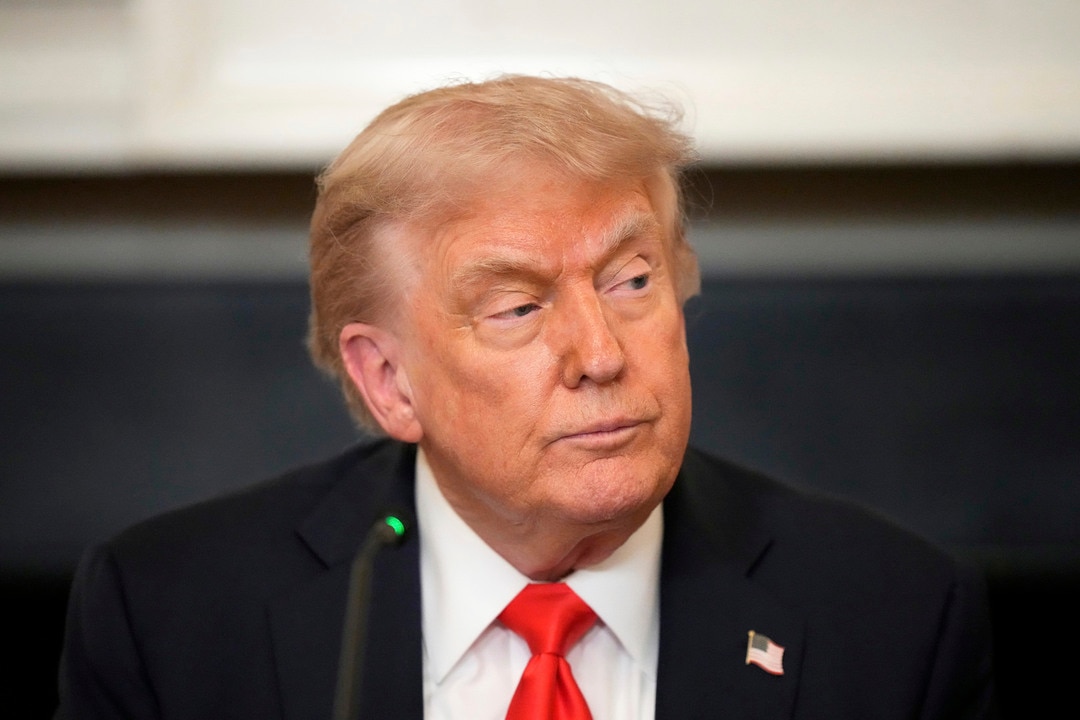
The draft resolution, which was seen by The Associated Press, says: “Iran’s many failures to uphold its obligations since 2019 to provide the Agency with full and timely cooperation regarding undeclared nuclear material and activities at multiple undeclared locations in Iran … constitutes non-compliance with its obligations under its Safeguards Agreement.” The draft resolution furthermore finds that the IAEA’s “inability … to provide assurance that Iran’s nuclear program is exclusively peaceful gives rise to questions that are within the competence of the United Nations Security Council, as the organ bearing the main responsibility for the maintenance of international peace and security.” It requests IAEA Director General Rafael Mariano Grossi “to continue his efforts to implement this and previous resolutions and to report again, including any further developments on the issues.”
Tehran has said it would reduce cooperation with the IAEA if the board of governors passed the resolution at this week’s meeting.
“Certainly, the IAEA should not expect the Islamic Republic of Iran to continue its broad and friendly cooperation,” Behrouz Kamalvandi, spokesman for Iran’s atomic energy organisation, said on state TV.
Under the so-called safeguards obligations, that are part of the Nuclear Non-Proliferation Treaty, Iran is legally bound to declare all nuclear material and activities and allow IAEA inspectors to verify that none of it is being diverted from peaceful uses.
AP, AFP

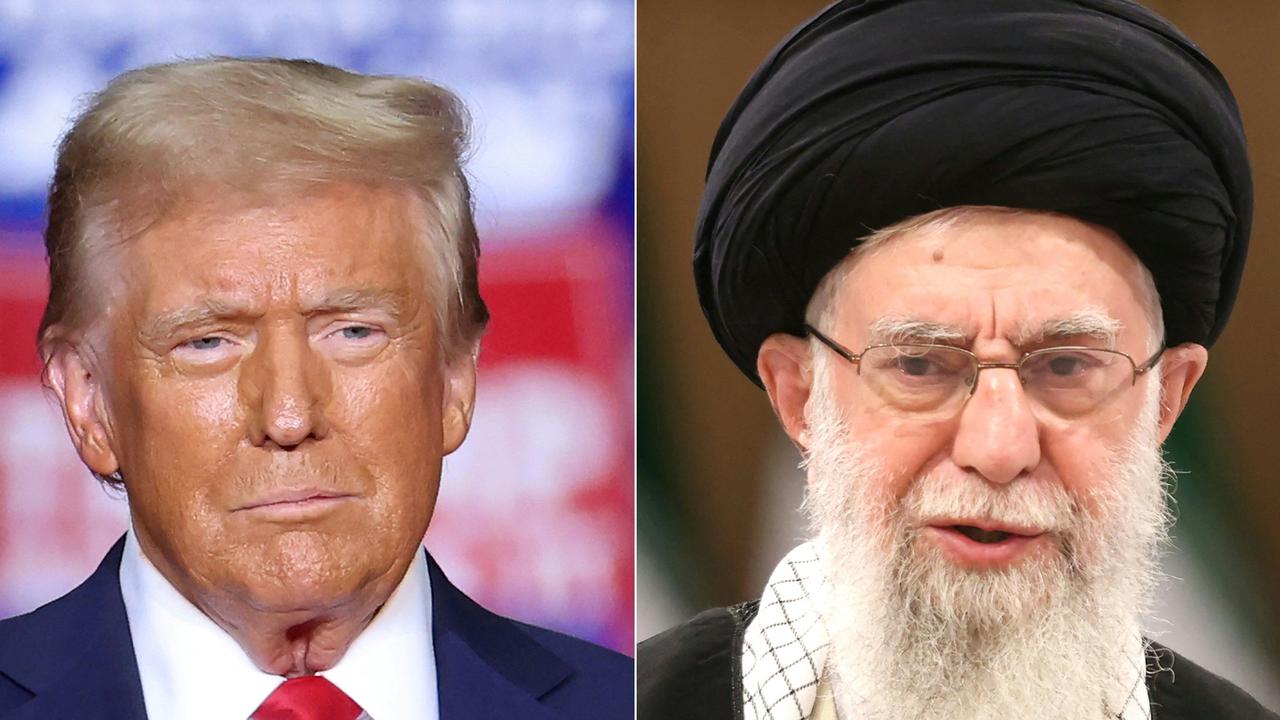
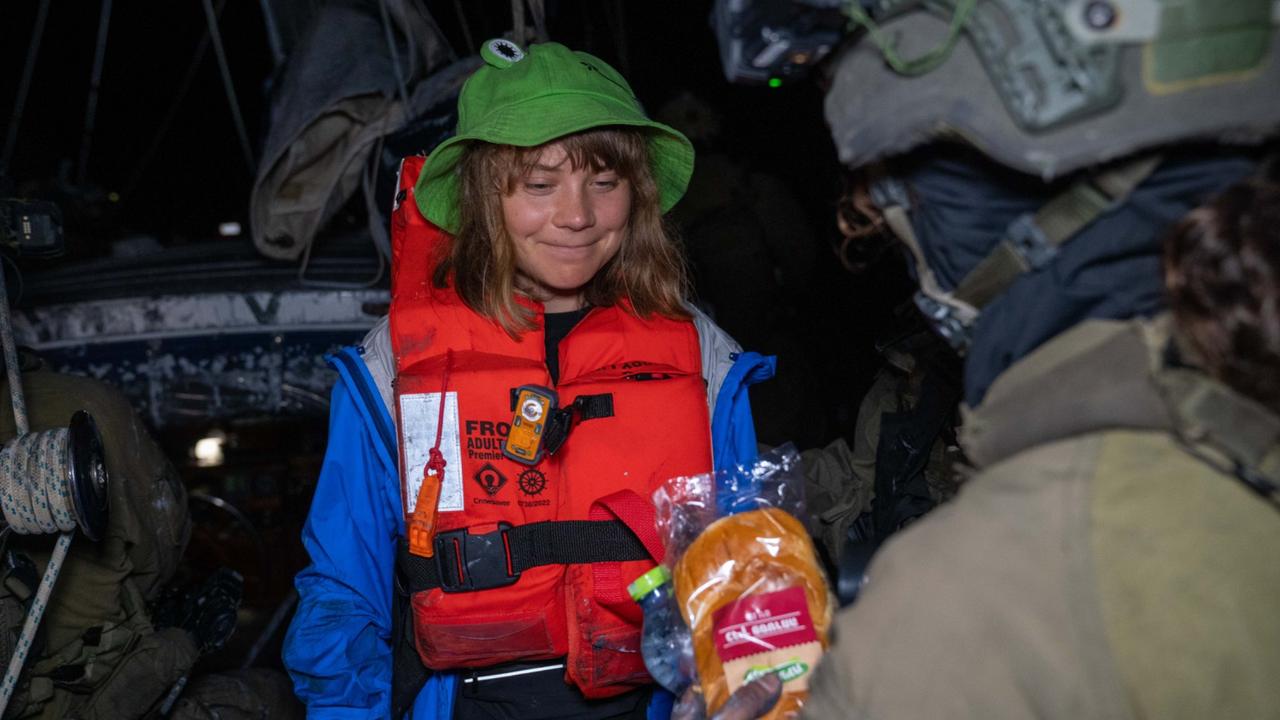
To join the conversation, please log in. Don't have an account? Register
Join the conversation, you are commenting as Logout